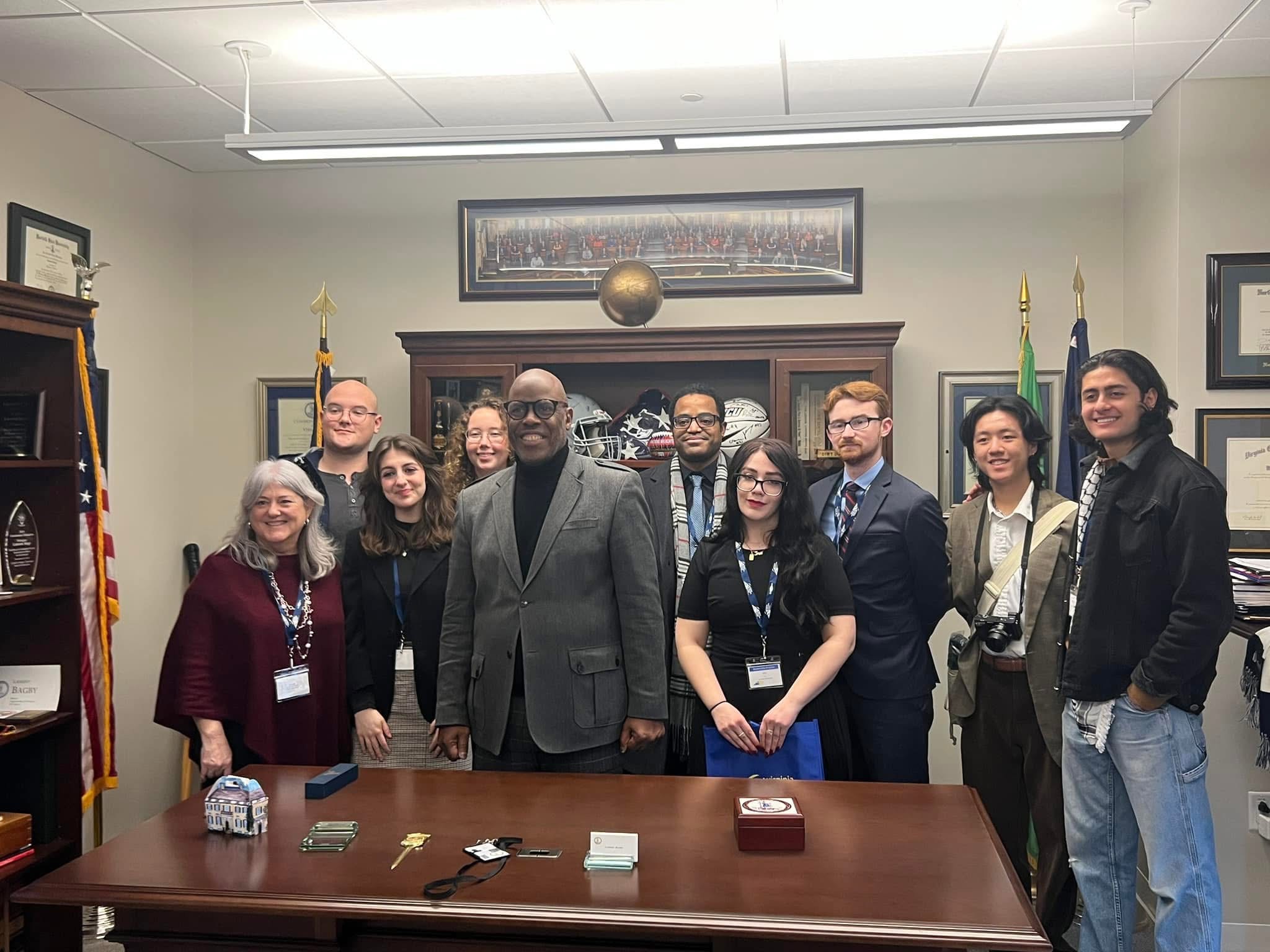Our Priorities
We focus our energy on the issues that most affect equity, justice, and opportunity in Virginia. For information on the 2026 General Assembly Session, please click here.
Upcoming Events
Get out in the community and join us as we fight for what we believe in.
February 12, 2026
February 12, 2026
get involved

